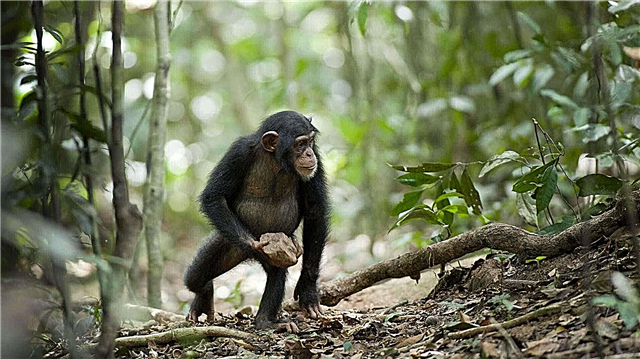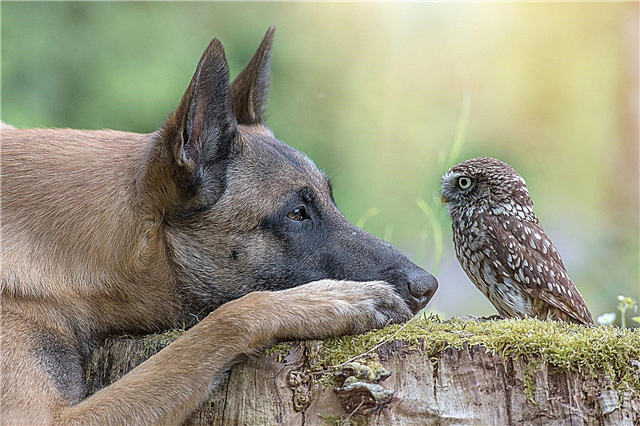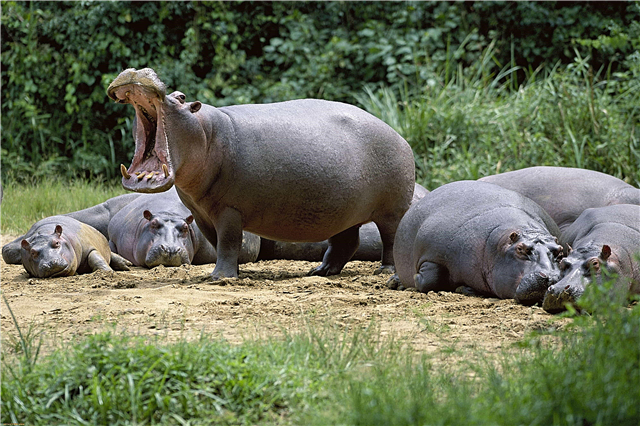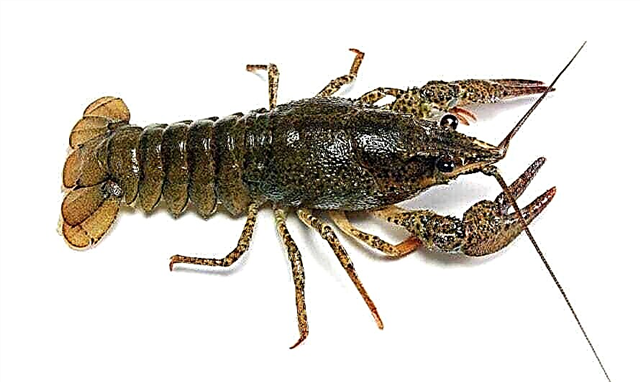
American scientists have found that the process of universal digestion of food contributes to survival in difficult natural conditions at the level of complex behavioral reactions.
For the functioning of the brain requires a considerable amount of resources. Thanks to this, the body gets a unique opportunity to adapt to difficult living conditions, adapting to them. When some creatures not only die, but die out completely, others not only get the opportunity to adapt to difficult living conditions, but also to evolve. There are types of living things that do not need to use complex brain activity to survive.
Scientists at the University of Washington (St. Louis) used over 2 thousand feathered subspecies for research. Thanks to this, they were able to establish the existence of an alternative strategy, which is based on the relationship of the body sizes of birds and their ability to survive.
Biologists were found to have feathered, low-weight and short-bodied behaviors. They fully adapt their behavior to search for new resources that allow them to survive. Such birds have several times more gray matter than birds with a large weight and a long body.
Massive birds place their hopes on a long intestine, which has the ability to digest a large amount of food of different origin. Equally important is the fact that this allows the birds to give a strong and healthy offspring.
Scientists have also proved that in difficult climatic conditions, feathered birds, in which the size of the body and brain are average, die, or migrate to new places of residence. Living creatures living in the territory of Antarctica and the Arctic have established themselves as individuals that have advanced far in complicating the digestion process and behavioral reactions.












